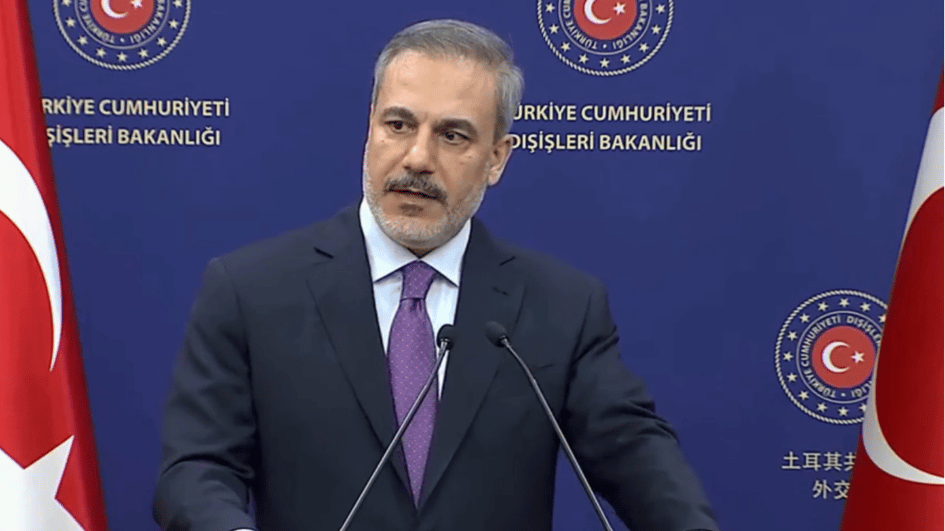The EU progress report’s economic criticisms
The European Union’s Turkey Progress Report was issued during the long holiday break. When this break ended, the details of the report started being debated. Almost everybody agrees that the progress report turned out to be much softer than expected.
When we look at the section on the economy, we see that it is generally in parallel with IMF findings and criticisms. In other words, while summing up the developments achieved in economy, it draws attention to the fragilities of the Turkish economy, primarily the current accounts deficit.
The Pre-Accession Economic Program (PEP) for 2013-15, submitted to the European Commission in January 2013, was based on the assumption of relatively moderate growth and a further reduction of the current account deficit, the report stated. “However, the external deficit remains large. Combined with a precarious external debt structure, it makes Turkey vulnerable to capital flow reversals, either in the context of increasing global risk aversion, regarding emerging market assets, or as a result of a rise in perceived country specific risks,” it added.
The report said in 2012 that growth from domestic demand to foreign trade had been rebalanced. However, in the first half of 2013, the overall domestic demand started to recover, not least due to strongly increasing public spending, particularly investment. It also said that private investment had continued to contract.
The report also said the current account had continued to register a large deficit, which leaves the Turkish currency vulnerable to sudden loss of investor confidence. It also drew attention to the 12-month cumulative current account deficit having risen back up to 6.6 percent of the GDP.
In 2012, the report said that net inflows of foreign direct investments covered a relatively small proportion (17.8 percent) of the deficit. “Overall, the external imbalances have remained significant and their short-term financing makes the country vulnerable to sudden changes in the global investor sentiment,” it emphasized.
The report also contained monetary policy criticisms similar to the IMF’s. It was stated that the Central Bank continued to pursue multiple objectives within an unconventional and complex monetary policy framework that hampered transparency and predictability. It was criticized that the policy stance was adjusted frequently in response to changing domestic and international conditions.
Criticisms against the Court of Accounts
The report said the government continued to interfere in the price-setting mechanism in key sectors and for this reason there had been no progress in price liberalization. It criticized that even though market entry conditions were satisfactory, market exiting conditions remained costly and lengthy.
The report drew attention to the need of a civil service reform, aiming to improve the public sector’s human resources management and ensure merit-based advancement. The report also pointed out that ministerial power over independent regulatory authorities, which run counter to EU legislation, remained in place.
The report said no progress had been made in developing regulatory impact assessments with a view to increase the quality of legislation. Several criticisms were included in the report on the government sponsored amendment to the Turkish Court of Accounts Law.
The report added that parliamentary deliberations on the 2013 general budget were held in December without proper feedback on the previous public expenditure management. This was due to the amendment, adopted in July 2012, which weakened the high court’s legal mandate and working procedures, including parliamentary oversight.
The report also emphasized that even though a new law was introduced that mandated the high court to carry out all types of government auditing; performance audits, which would be an important element to boost the public administration reform, did not seem to have been carried out.











